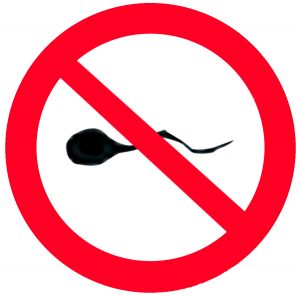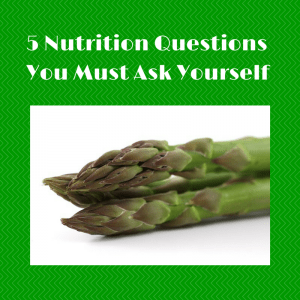Not Your Mother’s Birth Control
By Stephanie Pierce, MD, with Wake Forest Baptist Health
Today, women have more contraceptive options than ever. But having such a wide range of choices can lead to confusion over which method is best. To help you better navigate the contraceptive landscape, I’ve provided below the pros and cons of different types of hormonal birth control.
(Note: There are also non-hormonal contraceptives available, but hormonal options are the most varied and commonly used.)
The Pill
What is commonly referred to as “the Pill,” is a category of oral contraceptives that combines progestin and estrogen.
Advantages:
~ Very effective with perfect use
~ Excellent cycle control — normalizes or improves menstrual periods(decreased bleeding with periods, decreased menstrual cramping, and improved or eliminated PMS symptoms)
~ Helps with acne
~ Improves pain for women with endometriosis
~ Can be used cyclically (to have normal periods) or continuously (to have no periods or to have periods every three months)
~ Can be adjusted if undesired side effects occur
Disadvantages:
~ Can be difficult to remember to take every day
~ Can cause blood pressure to go up
~ Dangerous for women with a history of blood clots or strokes
~ Can decrease milk supply in breastfeeding moms
Depo-Provera®
Not all hormonal contraceptives are taken orally. Depo- Provera (depot medroxyprogesterone), for example, is administered through injection.
Advantages:
~ Very effective
~ Long-acting, with injection every three months
~ No pills to remember every day
~ Some women have no periods while using it
~ Safer for women with high blood pressure
~ Progestin-only, so less risk of blood clots
~ Less likely than the Pill to decrease milk supply in breastfeeding moms
Disadvantages:
~ May lead to unpredictable (no or irregular) periods
~ Weight gain
~ After stopping Depo-Provera, it may take a woman longer than expected to get pregnant
~ Hair loss
~ Reversible thinning of bones after long-term use, which improves once a woman stops getting Depo-Provera shots
NuvaRing®
If getting a shot every three months is not for you, you may find it more convenient to use an etonogestrel vaginal ring instead.
Advantages:
~ Effective
~ Can be placed in the vagina for three weeks, then removed for one week to allow for period
~ No pills to remember every day
~ Although the Pill is better at improving cycle control, this option can lead to decreased bleeding with periods, help decrease menstrual cramping, and improve or eliminate PMS symptoms
~ Can be removed and replaced within three hours and still be effective
Disadvantages:
~ Like the Pill, NuvaRing contains estrogen, so it shouldn’t be used in women who have a history of blood clots or strokes
~ Can cause an increase in vaginal discharge, even without an infection
Nexplanon®
Nexplanon is a long-acting etonogestrel implant that’s placed in the inner part of your upper arm.
Advantages:
~ Very effective
~ No pills to remember every day
~ Lasts for three years
~ Fast return to fertility
~ Some women have no periods while using it
~ Safer for women with high blood pressure
~ Progestin-only, so less risk of blood clots
~ Less likely than the Pill to decrease milk supply in breastfeeding moms
Disadvantages:
~ Unpredictable bleeding patterns – may lead to longer or shorter periods, no periods, spotting between periods or irregular periods
~ Weight gain
Mirena® or Skyla® IUD
The levonorgestrel intrauterine devices Mirena and Skyla can offer pregnancy protection up to five years, depending on which option you choose.
Advantages:
~ Very effective
~ Convenient
~ Lasts three years (Skyla) or five years (Mirena)
~ Significantly improves menstrual bleeding in most women. Periods usually become shorter and lighter, and sometimes there are no periods
~ No pills to remember every day
~ Fast return to fertility
~ Safer for women with high blood pressure
~ Progestin-only, so less risk of blood clots
~ Less likely than the Pill to decrease milk supply in breastfeeding moms
Disadvantages:
~ Insertion can be uncomfortable
~ There can be irregular bleeding and cramping during the first three months
~ Can cause pelvic pain or infection (RARE)
~ Can become embedded in uterus (VERY RARE)
~ Can move outside of uterus into abdomen (EXTREMELY RARE)
Ultimately, the best contraceptive option for a woman depends on her lifestyle, health history and pregnancy plans. These methods do not protect against STDs and HIV. Talk to your OB/GYN about any questions or concerns you may have. If you’d like to schedule an appointment with me, contact me at 336-716-WAKE.
Guest Blogger Stephanie Pierce, MD, is an assistant professor of general obstetrics and gynecology with Wake Forest Baptist Health
Sponsored by Wake Forest Baptist Health







